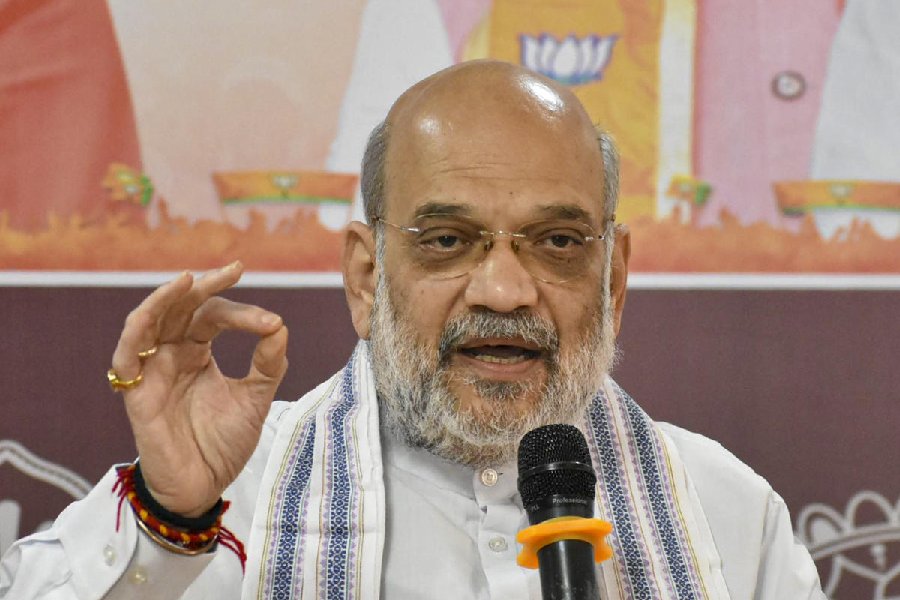Canada’s deputy foreign minister David Morrison on Tuesday claimed before a Canadian parliamentary committee that Union home minister Amit Shah was involved in the plot to threaten and kill Canadian nationals.
He said he had confirmed this to a correspondent of The Washington Post (WaPo) when asked a specific question on whether Shah was involved, against the backdrop of ties hitting an all-time low after Ottawa named six Indian diplomats in Canada as “persons of interest” in Khalistani separatist Hardeep Singh Nijjar’s murder.
There was no immediate reaction from the Indian government to Canada officially making an allegation against the de facto second-in-command to Prime Minister Narendra Modi. Till now, such claims had been made strictly off the record.
From the day Canadian Prime Minister Justin Trudeau alleged an Indian government hand in Nijjar’s killing in September 2023, India has dismissed these claims as
politically motivated.
Morrison was responding to a slew of questions from a Canadian legislator who wanted to know why this “information” of Shah’s “involvement” was released to WaPo first and not shared with the public in Canada despite a series of media conferences earlier this month on the Nijjar killing.
The minister was appearing before the Canadian House of Commons Committee on Public Safety and National Security looking into “Electoral Interference and Criminal Activities in Canada by Agents of the Government of India”.
Asked about the circumstances in which he provided this information to WaPo, Morrison said: “The journalist called me and asked if it was that person (Shah). I confirmed it was that person.” He provided no further details on how Shah is linked to the case.
During her deposition before the parliamentary committee on Tuesday, national security and intelligence adviser to the Canadian Prime Minister, Nathalie Drouin, said national security officials of the two countries held discussions on six occasions between August 2023 and March this year on the Nijjar killing and Indian agents allegedly threatening Canadian citizens: August and September 2023 in New Delhi, November 2023 in Dubai, December 2023 in Saudi Arabia, January 2024 in London and March 2024 in Dubai.
The Indian government’s response, she said, has been to spread “a false narrative that Canada showed them no evidence and that we were ignoring their concerns about Khalistani violent extremism”. Further, she said the Royal Canadian Mounted Police — Canada’s national police — tried to schedule two meetings with Indian counterparts to share evidence.
“The RCMP was scheduled to travel to India to meet with law enforcement counterparts. Unfortunately, India used an administrative technicality to block this meeting from occurring. And then the RCMP travelled to Washington on October 10. While Indian officials confirmed the meeting, they never showed up. To signal our seriousness we travelled to Singapore to meet the NSA (national security adviser Ajit Doval) to share evidence,” Drouin added.
Also, according to Drouin, Canada provided three options for further course of action. Apart from waiving the immunity of the diplomats Canada had named as “persons of interest” in the case, including then Indian high commissioner Sanjay Kumar Verma, one of the options given to India was to withdraw the diplomats against whom accusations had been made.
Drouin said Canada had evidence that the Indian government first gathered information on Indian nationals and Canadian citizens in Canada through diplomatic channels and proxies. She said the information was then passed to the government in New Delhi, which allegedly works with a criminal network affiliated with Lawrence Bishnoi.
Gangster Bishnoi is in prison in India, but Drouin said his vast criminal network had been linked to homicides, assassination plots, coercion and other violent crimes
in Canada.











